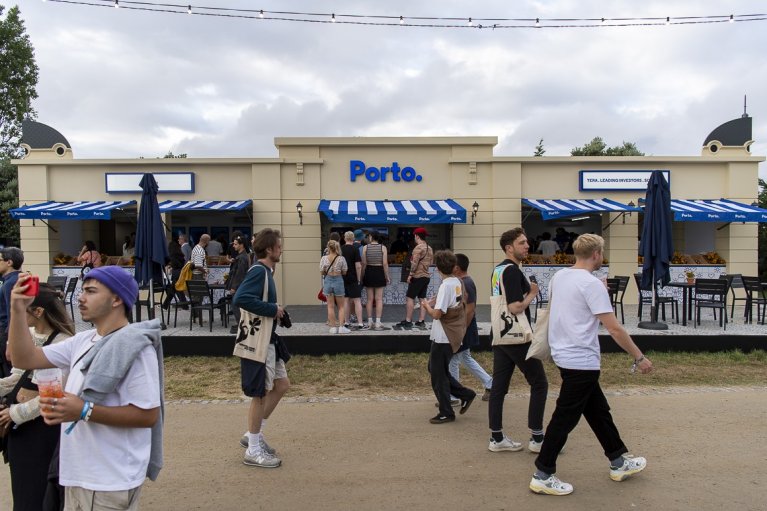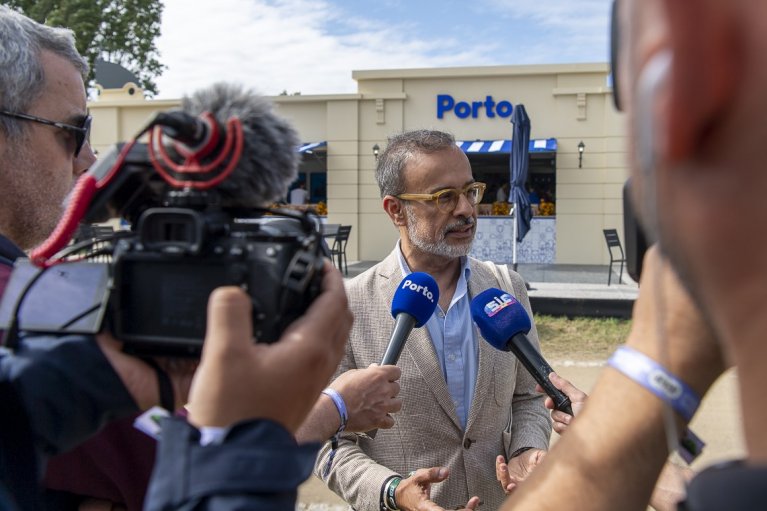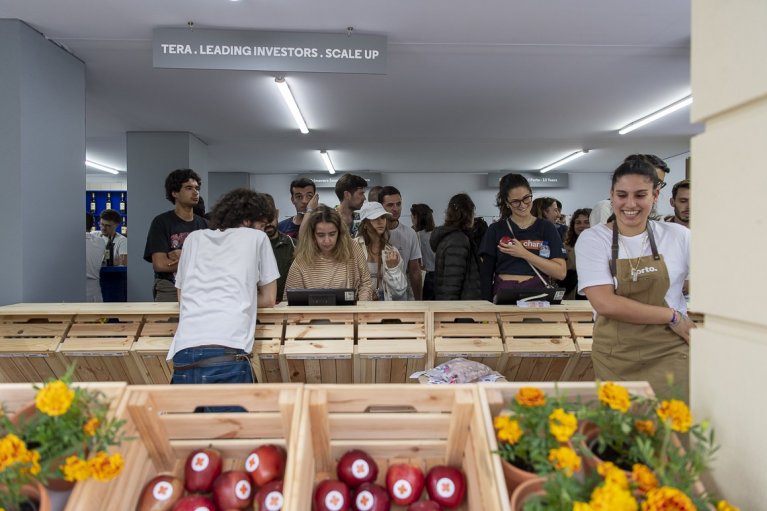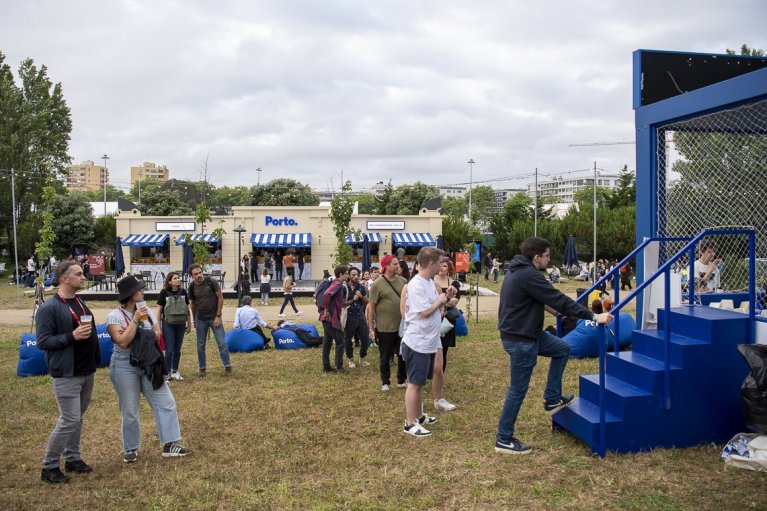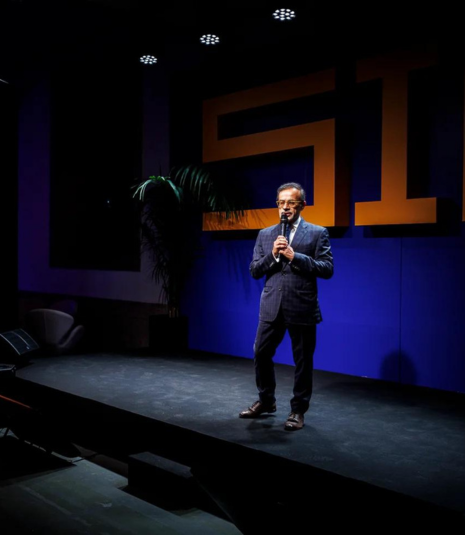Primavera Sound Porto generates 48.5 million euros of economic impact in the city
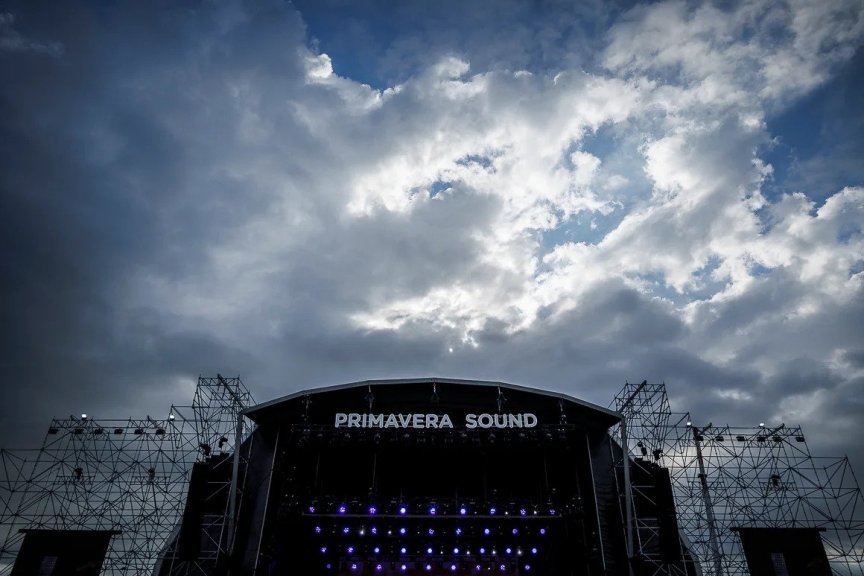
The tenth edition of Primavera Sound Porto, which took place between 7 and 10 June, generated an economic impact of 48.5 million euros in the city. The economic study was conducted by ISAG-European Business School (ISAG-EBS) and the Consuelo Vieira da Costa Foundation's Research Centre for Business Sciences and Tourism (CICET-FCVC).
According to the study, cited by Lusa news agency, the festival, held in the City Park, attracted "a record number of 140,000 visitors, who generated an overall economic impact on the city of 48.5 million euros, calculated on the basis of spending on accommodation, travel or trips, meals, among others." "The average daily spend per person in the city was over 350 euros and in the festival grounds about 41 euros per day," he adds.
"Almost half of the visitors had foreign nationality or resided outside the Metropolitan Area of Porto [AMP]," the study also points out, which also reveals that "accommodation was once again the most significant expense (136.32 euros per day), with 33% of participants residing outside the Metropolitan Area of Porto (AMP) or abroad opting to stay overnight in a hotel, preferably using Booking (67%) to make the reservation."
Local accommodation "was the preference of 26% of respondents, the house of friends of 20% and the hostel of 14%", and the price was "the factor that most influenced the choice of place of stay for 38% of the public, followed by proximity to the venue (20%), the reputation of the accommodation (15%) and previous experience (13%).
Permanence in the city over four nights
The respondents also answered that they stayed, on average, 4.9 nights in the city, and in terms of daily expenses, "meals (52.03 euros a day) and travel and accommodation (48.20 euros a day)" come in second and third place. Spending on culture and leisure (42.99 euros a day) and shopping or gifts (42.78 euros a day) also stand out among the highest", the study also points out.
"Inside the venue, the average daily spend per person - excluding the value of the ticket or general pass - stood at 41.71 euros. The bank card was once again the preferred method of payment (57%), followed by digital transactions by MBWay (21%)," says the document from ISAG-EBS and CICET-FCVC.
The study also states that "29% of the 1,555 respondents were from abroad, with British (13%), Brazilian (12%), Spanish (11%), North American (7%), French (7%), German and Italian (both 6%), Belgian (5%) and Dutch (4%) nationalities standing out.
As for the Portuguese public, "71% lived in the OMA and 29% came from other municipalities in the country, namely Lisbon (42%), Braga (13%) and Aveiro (11%)".
As for the means of transport used to reach the festival, "the use of own car stands out (35%)", followed by "bus (21%), underground (11%), TVDE and walking (both with 10%)".
This year, Primavera Sound Porto occupied a larger space in the City Park and lasted four days, instead of the usual three, as a way to celebrate the ten editions, and had names like Kendrick Lamar, Rosalía, Pet Shop Boys or Blur on the line-up.

